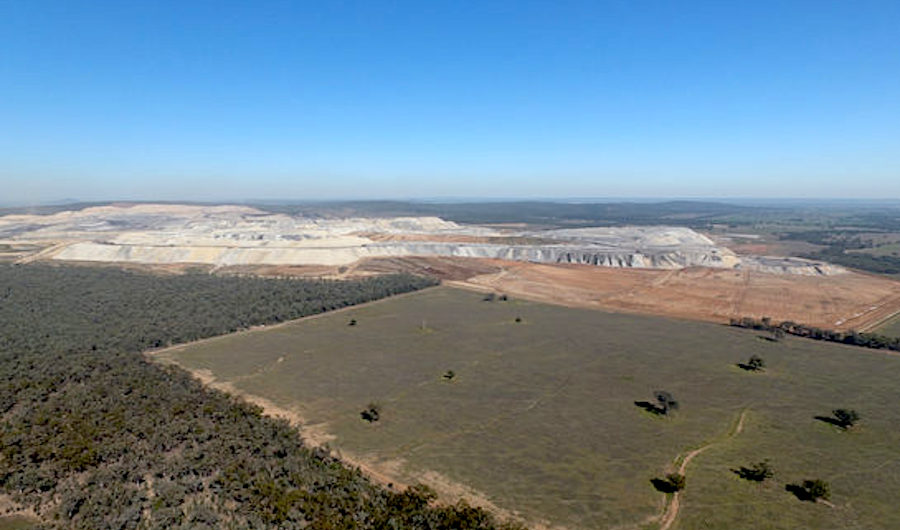
While judge Mordy Bromberg had dismissed the original claim seeking to stop expansion of coal mine operations, today’s judgement could set a precedent for all fossil fuel projects in Australia, the world’s second-largest coal exporter by volume.
Ruling comes on the heels of a report showing that emissions from coal mined in Australia, but exported and burnt overseas, were almost double the nation’s domestic greenhouse gas footprint in 2020
Climate advocates hailed the decision, adding there should be “no moral, legal or rational way” environment minister Sussan Ley could now approve Whitehaven’s expansion of its Vickery coal mine.
They noted Bromberg’s verdict will have implications beyond coal as it specifies a duty of care in relation to “emissions of carbon dioxide into the Earth’s atmosphere”. That means it could apply to any project with a significant emissions footprint that required Environment Protection and Biodiversity Conservation (EPBC) Act approval.
Minerals Council of Australia chief executive Tania Constable backed the Vickery project, which could still be approved by minister Ley.
“Projects like these are a vital part of Australian mining, which continues to produce some of the best quality raw materials in the world enabling economic development and rising living standards abroad while supporting jobs and communities at home,” she said in a statement.
Hopes up
Lawyer David Barnden, who represented the children, said the ruling brings hope and anticipation of “a better, and responsible decision making by government”. He added the ramifications for the minister are now very clear.
Whitehaven Coal said it had nothing to add to its previous statement, issued in May, as “today’s orders really just formalize the previous outcome”.
Shares in the miner dropped after the ruling, closing 2.7% lower in Sydney at A$2 each.
The same month, a ruling in The Hague ordered Royal Dutch Shell to cut emissions faster than planned and currently there are about 1,800 climate litigations pending around the world, according to Columbia Law School’s Sabin Center for Climate Change Law.
The federal court’s ruling comes on the heels of a report showing that emissions from coal mined in Australia, but exported and burnt overseas, were almost double the nation’s domestic greenhouse gas footprint in 2020.
The study by energy industry consultancy group Kayrros showed the Bowen Basin, which straddles the border between the states of New South Wales and Queensland, released an average of 1.6 million tonnes a year of methane in 2019 and 2020.
Australia’s total emissions in 2020 were 499 million tonnes, government data shows. The government is resisting international pressure to commit to net zero emissions by 2050 and has ruled out charging polluters by setting a price on carbon.




